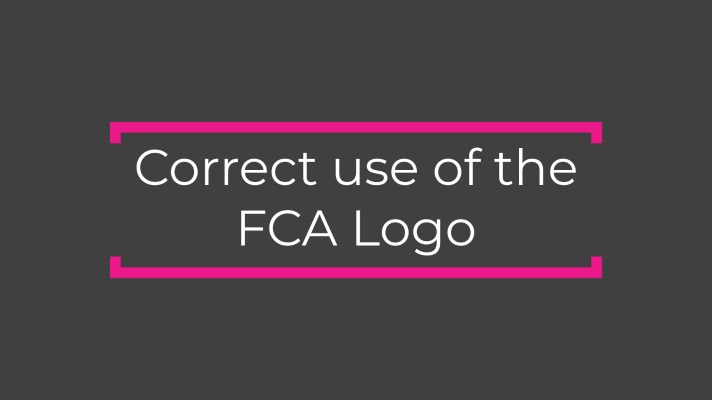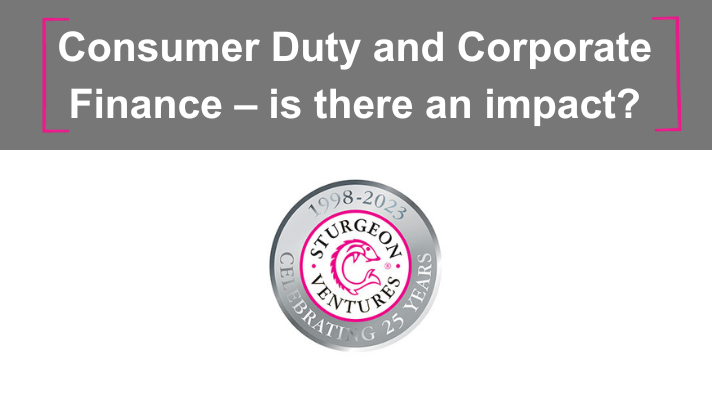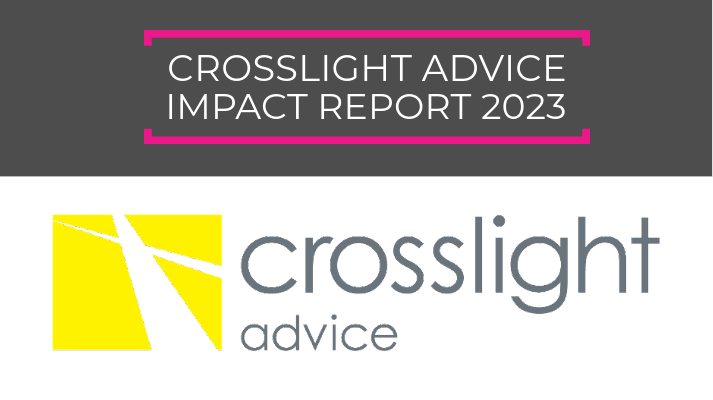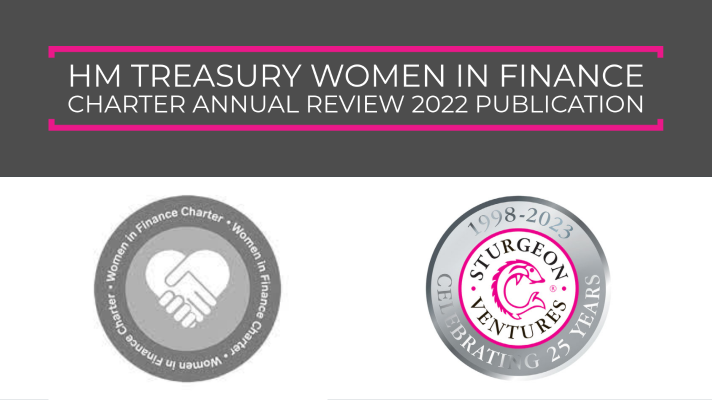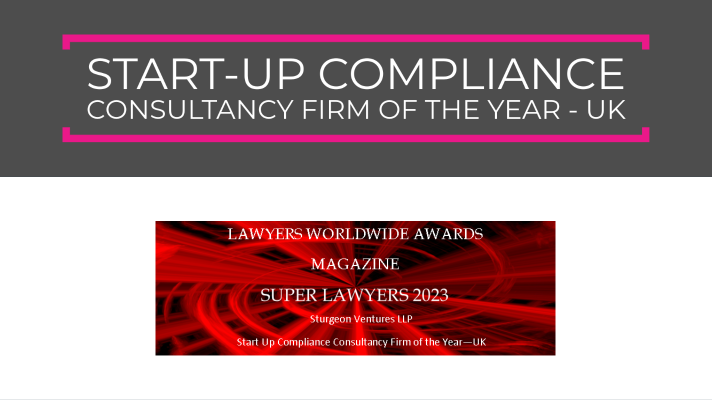FCA Confirms Dealing Commission rule changes to take effect on June 2nd 2014
FCA Confirms Dealing Commission Rule Changes – Rob Moulton from Ashurst shares his briefing with us.
The FCA has now confirmed the rule changes that it will make following its consultation on the dealing commission rules in CP13/17. The FCA emphasises that the final rule changes “should ensure the use of commissions is interpreted correctly as a narrow exemption”, and the changes will certainly have that effect.
However, some of the changes, in particular new wording on mixed-use payments, are complicated and will not bring additional clarity to this important area.
Whilst the FCA says that “we do not see the change to the rule and evidential provision as marking a significant departure from the standards of compliance and record keeping we would expect compliant firms to already have in place”, the volume of feedback should have given the FCA an indication that the industry does not share this view.
The key changes
The use of dealing commission exemption
Many respondents told the FCA that the removal of the “reasonable grounds” wording would turn the requirement that a manager should ensure that commissions relate to substantive research or execution into a strict liability offence. The FCA has, in a small way, taken this on board. There are three requirements in the new COBS 11.6.3(3). The first, that the good or service received in return for dealing commissions must assist the investment manager in providing its services to its customers, has had the “reasonable grounds” wording reinserted. So an investment manager only has to have reasonable grounds to be satisfied that the good or service achieves this effect. However, the other two elements of the test have had the “reasonable grounds” wording removed.
Therefore, the fact that the receipt of goods or services is not likely to give rise to a conflict, and that the receipt either directly relates to the execution of trades or to “substantive research”, is an absolute standard – there are no “reasonable grounds” to consider that, for example, research is substantive. Either it is, or it is not. It will be an objective assessment. This could be problematic as the same piece of research could be substantive to one reader, who had not understood the company’s position previously, or who found the presentation of the conclusion to be helpful, whilst another reader might be better informed and consider that the research adds nothing to the existing state of the art and is therefore not substantive.
The outcome of all this is likely to be as follows. Brokers will still write research, and managers will still read it. Managers will still pay for the research through commission payments or the use of CSAs.
But at both ends there will be additional bureaucracy to ensure that this only happens where the research falls within the new “substantive research” definition.
The definition of substantive research
Excepting a few minor amendments, the original proposal has been retained. To be substantive, research must add value, represent original thought, have intellectual rigour, and present the manager with meaningful conclusions based on analysis or manipulation of data. FCA has said that the change is not intended to require a “buy” or “sell” recommendation. A conclusion can involve the reader making a reasoned deduction or inference, provided that the research contains this in itself. However, FCA goes on to say that, “in accordance with the spirit and intention of the rules, we would not expect an investment manager to accept as substantive research a good or service that only has a purely ‘artificial’ conclusion added by a broker or third party, which some respondents suggested may occur in response to our changes”. Many investment managers and brokers are likely to find this guidance unhelpful. Is an investment manager expected to question whether the conclusion to a piece of research is a “real” conclusion (whatever that might be) or an “artificial” one intended to dress up non-substantive research so that it passes the substantive research definition test? It would be unfortunate if requiring the manager to consider the conclusion of research in this way was to be the result.
Mixed-use assessments
PS14/7 contains a detailed section on mixed-use assessments, and this is most important change to the original CP13/17 proposals. FCA analyses in some detail a circumstance whereby an investment manager attends an investor conference arranged by a broker at which substantive research is presented by the broker’s analyst. The point that arises is that the element of the conference relating to the research might pass the new tests, whereas the attendance at the event more generally would be seen as corporate access, which does not (see further below). The new Rule 11.6.8A contains guidance that states that if part of a service “is not distinctly priced, the investment manager should make a fair assessment of the charge that it will be permitted to pass on to its customer… it may be appropriate to use other comparably priced goods or services… or an estimate of the cost of providing [them]”. Brokers and investment managers will need to be careful about the use of mixed-use events – indeed, it may be less attractive to host them that had previously been the case.
Corporate Access
The Policy Statement takes forward the proposal to use a broad (and in some ways unsatisfactory) definition of a corporate access service (a “service of arranging or bringing about contact between an investment manager and an issuer”). It goes on to state that corporate access services cannot be paid for out of commissions as they do not amount to execution or research. FCA does say that some investment managers have told brokers that they do not and have not paid dealing commissions in relation to corporate access, and the FCA appears to be open to this as an approach – provided that the managers consider the other relevant rules on research (COBS11.6), inducements (COBS2.3) and conflicts of interest (SYSC10). Unfortunately, FCA’s paper does not consider in any detail the circumstance whereby the corporate access service is, in fact, being provided on behalf of the corporate, rather than the investment manager. This may be because it goes without saying that, where this is the case, no issues arise for the investment manager. However, so much detailed guidance has now been given on the topics that are the subject of PS14/7 that it seems remiss that this is not covered at all.
Attestations
The industry will be pleased to know that despite some respondents putting forward, as a suggestion, an annual attestation of compliance be required from the CEOs of investment managers, the FCA “does not propose to explore this option in the final rule changes at this time”. Phew!
Future rule changes
Further thematic work
PS14/7 explains that further thematic work is being done in this area and that it is possible that more recommendations for change may come forward. FCA states that they would “seek to introduce [additional changes] at the same time as applying MiFID II, in order to minimise the burden on firms”. Firms may wonder why the original suite of changes that have now been confirmed in PS14/7 were not subject to the same MiFID-timing point.
Timing
The changes will take effect on 2 June 2014. FCA justifies this timescale with the statement “we believe that firms that already comply with our rules will not need to make significant changes. However, firms may wish to reflect changes to the wording of our existing rules and new guidance in their internal policies and procedures”.
In practice, we think more significant work may need to be done than the FCA suggests.
To discuss details in this article or get further guidance, please contact rob.moulton@ashurst.com and mention Sturgeon and this briefing.


